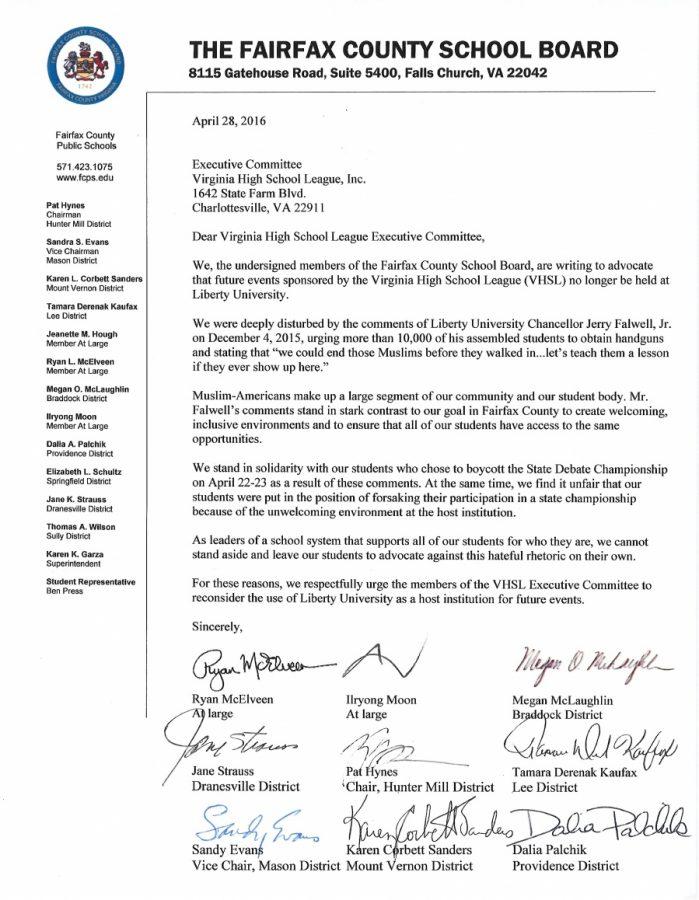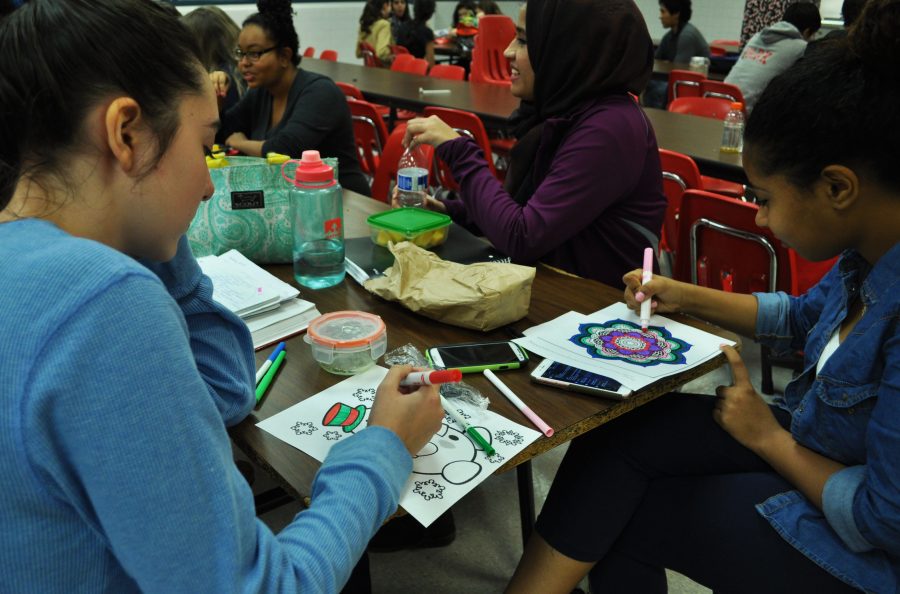Summer has finally arrived, and with all the excitement and anticipation that has built up, it’s easy to lose track of the new found responsibilities that may arise. In consequence, coming back to school may end up feeling like a big chaos of confusion. So, the question that I sought out to answer was; how do I enjoy summer, but at the same time have some sort of activity that could benefit my high school career?
Now the answer to this question varies depending on what year of high school you’re in. Why? The rules that apply to a senior differ from those of a freshman; and as the year progresses, the amount of importance rises. As a now proclaimed senior, I seem to have to care much more about the future I set up for myself.
Here are some of the ideas fellow adults shared, and other fellow students have in regards to all grades:
1. Internships
Internships are a great way to getting into the career field you might be interested in for future reference. Think of an internship as a prerequisite course, allowing you access to real world experience. This lets students to gain the skills and knowledge when exploring a particular field.
Some sites and sources that offer some sort of guide when looking for internships include but aren’t limited to, Internships.com, you’re school counselor or career center correspondent.
Summer jobs aren’t vital, but they most definitely allow for you, as a student, to thrive; and let’s not forget the money that you earn by working. With a summer job, whatever it may be, you are taught to spend and save your money as you please, and soon learn the term budgeting. Then, as all adults hope, responsibility.
The word responsibility is thrown all over the place, but with a summer job you truly realize the importance of being on time when having placed yourself in a position to do so. Remember you chose to work, therefore carry forth your duty and don’t slack off. These lessons and many others are transmitted towards your academic performance once school begins again; And what began to feel more like a job, will gradually become habit.
3. Volunteer
Lastly, volunteer. You can benefit a lot from volunteering, such as gaining 40 hours of volunteer service that are inserted into your diploma in order to graduate. Volunteering might also benefit those who just need experience in a particular field and are yet qualified to have a job. This allows you to play in the sidelines for a bit before fully entering the work force. By being more active and alert, volunteering benefits those around you by giving the sense of community.








